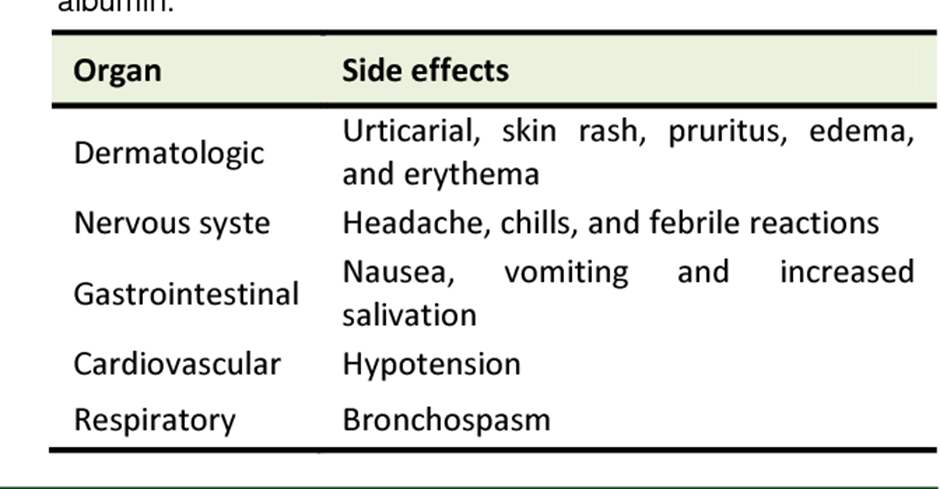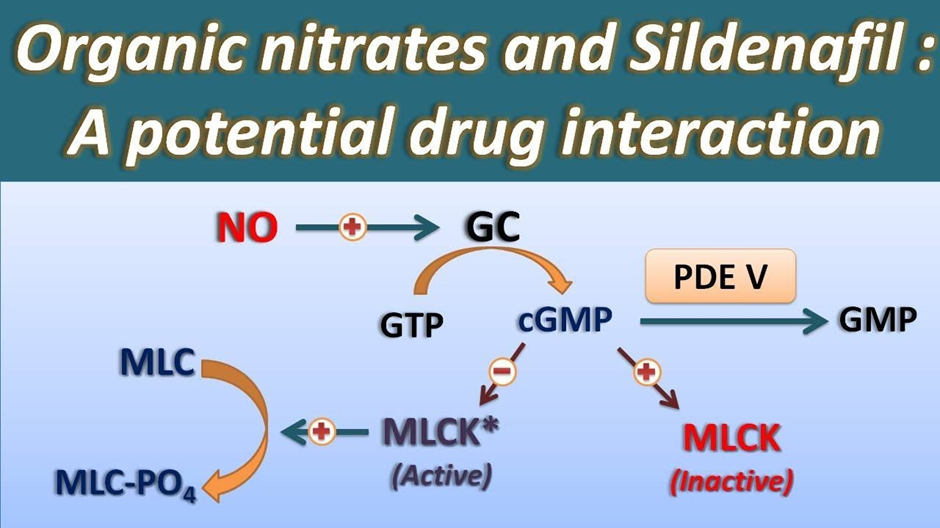A nurse is caring for a client who is in shock and is receiving an infusion of albumin. Which of the following findings should the nurse expect?
Oxygen saturation 96%
Decrease in protein
Increase in BP
PaCO2 30 mm Hg
The Correct Answer is C
Choice A Reason:
Oxygen saturation within this range is generally considered adequate and might not directly correlate with the administration of albumin.
Choice B Reason:
Decrease in protein is incorrect. Albumin infusions are meant to supplement protein levels in the blood, so a decrease in protein wouldn't be an expected finding.
Choice C Reason:
Increase in blood pressure is correct. Albumin infusions can potentially help increase blood volume, leading to an increase in blood pressure. In shock, where there's a significant decrease in blood pressure due to reduced circulating volume, administering albumin or other intravenous fluids can help restore blood volume and consequently raise blood pressure towards a more stable range.
Choice D Reason:
PaCO2 of 30 mm Hg is incorrect. PaCO2 levels are related to respiratory function and the amount of carbon dioxide in the blood. While shock can impact various physiological parameters, a PaCO2 level of 30 mm Hg alone might not be directly tied to the administration of albumin in shock.

Nursing Test Bank
Naxlex Comprehensive Predictor Exams
Related Questions
Correct Answer is D
Explanation
Choice A Reason:
Furosemide is not correct. Furosemide is a diuretic used to treat conditions like heart failure and edema by increasing urine output. It is not a contraindication for sildenafil. However, it's essential to monitor blood pressure when these medications are used together, as both can potentially lower blood pressure.
Choice B Reason:
Albuterol is not correct. Albuterol is a bronchodilator commonly used to treat asthma and other respiratory conditions. It doesn't have direct contraindications with sildenafil for erectile dysfunction. Although both medications can cause some cardiovascular effects, they are not typically considered contraindications for each other.
Choice C Reason:
Indomethacin is not correct. Indomethacin is a nonsteroidal anti-inflammatory drug (NSAID) used to reduce inflammation and pain. While it can have effects on blood pressure and the cardiovascular system, it is not a direct contraindication for sildenafil specifically for erectile dysfunction.
Choice D Reason:
Nitroglycerin is correct. Nitroglycerin is a contraindication for sildenafil. Both medications can cause a significant drop in blood pressure. When taken together, they can potentiate each other's effects, leading to a severe decrease in blood pressure, which can be dangerous and potentially life-threatening. Therefore, individuals using nitroglycerin or any nitrate medications should not take sildenafil or other medications for erectile dysfunction due to the risk of hypotension (dangerously low blood pressure).

Correct Answer is D
Explanation
Choice A Reason:
Hct 44% is incorrect. A hematocrit (Hct) level of 44% falls within the normal range for most adults. It represents the proportion of red blood cells in the blood and is not typically concerning unless it significantly deviates from the normal range, indicating anemia or polycythemia.
Choice B Reason:
WBC count 5,000/mm3 is incorrect. A white blood cell (WBC) count of 5,000/mm3 falls within the normal range for adults, reflecting a normal immune response. There's usually no cause for immediate concern unless there are specific clinical symptoms or significant deviations from the normal range.
Choice C Reason:
Potassium 4.2 mEq/L is incorrect. A potassium level of 4.2 mEq/L is within the normal range for serum potassium levels. It's crucial to monitor potassium levels, especially with medications that can affect electrolyte balance, but this value falls within the typical range and may not prompt immediate action unless there are notable fluctuations or clinical symptoms related to potassium imbalance.
While the majority of the laboratory values provided fall within the normal range, the value that the nurse should consider reporting to the provider, particularly when a client is taking amitriptyline, is:
Choice D Reason:
Total bilirubin 1.5 mg/dL is correct. Elevated levels of total bilirubin might indicate potential liver function impairment. Amitriptyline, an antidepressant, can affect liver enzymes in some individuals, causing hepatic changes. Therefore, it's crucial to monitor liver function tests, including total bilirubin, during amitriptyline therapy. An increase in bilirubin levels could signal hepatotoxicity or liver dysfunction related to the medication.
Whether you are a student looking to ace your exams or a practicing nurse seeking to enhance your expertise , our nursing education contents will empower you with the confidence and competence to make a difference in the lives of patients and become a respected leader in the healthcare field.
Visit Naxlex, invest in your future and unlock endless possibilities with our unparalleled nursing education contents today
Report Wrong Answer on the Current Question
Do you disagree with the answer? If yes, what is your expected answer? Explain.
Kindly be descriptive with the issue you are facing.
